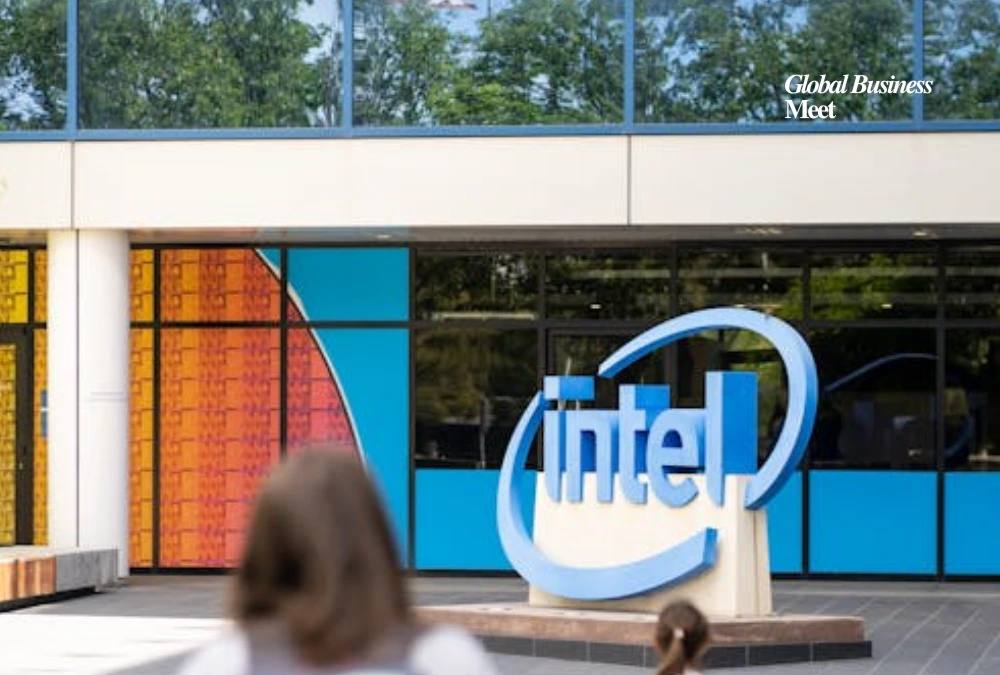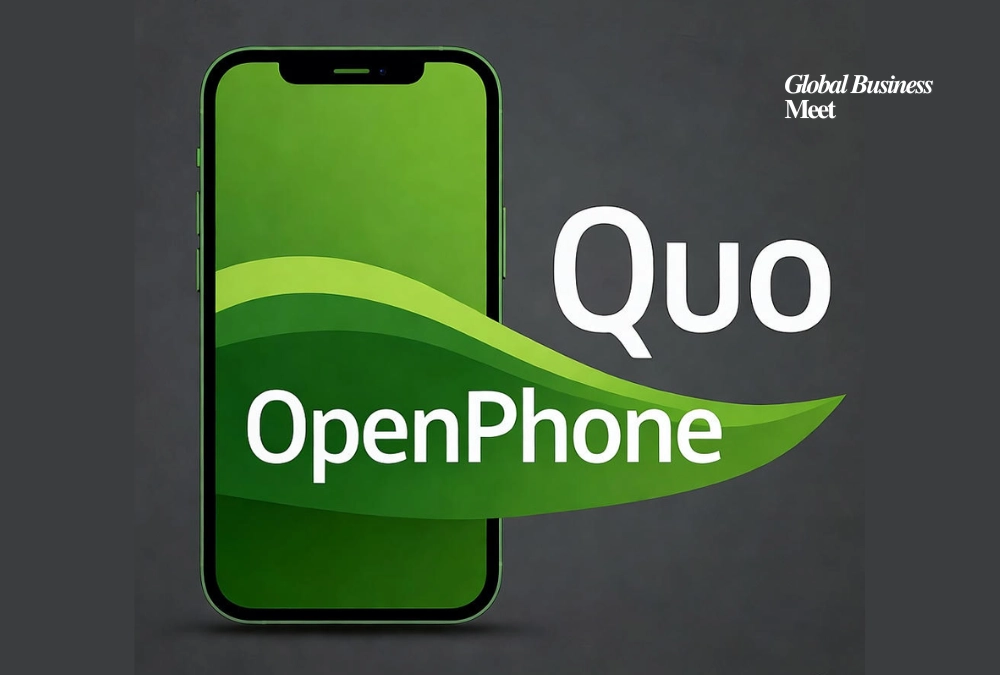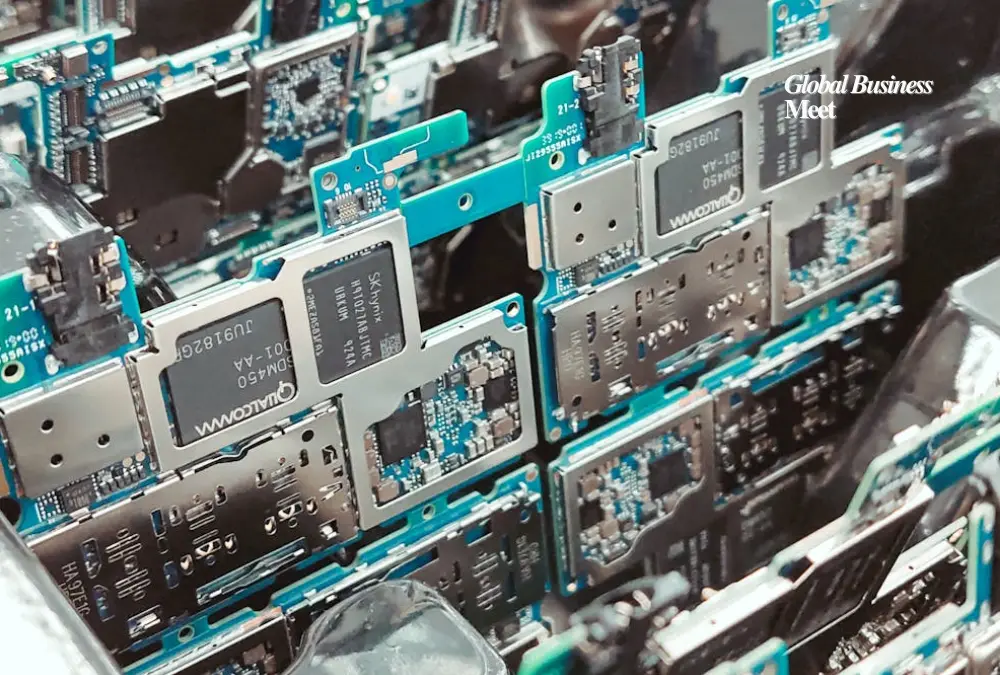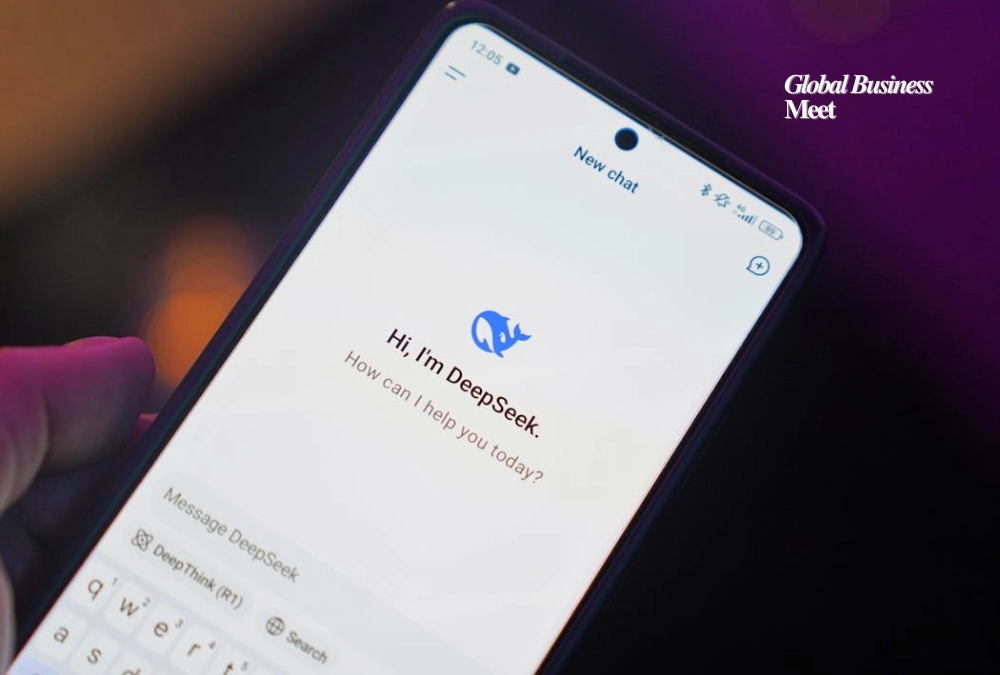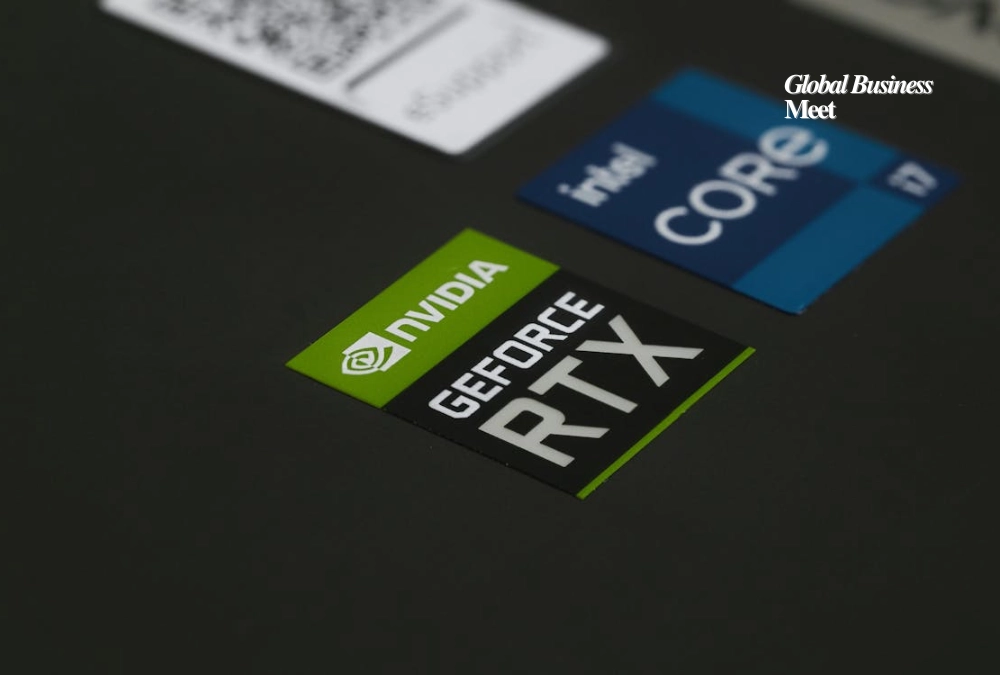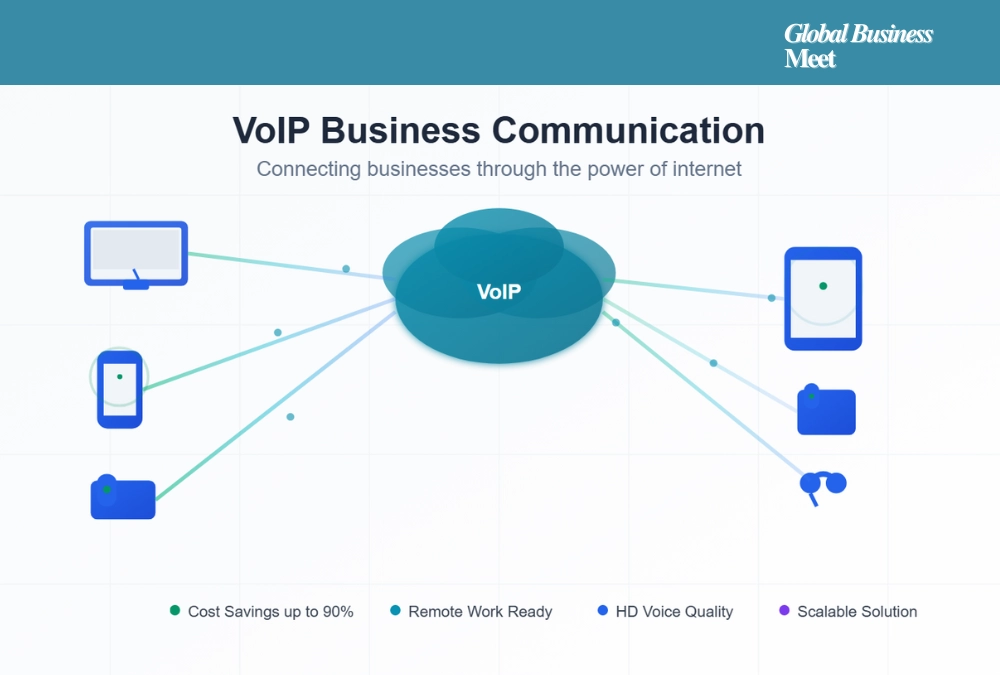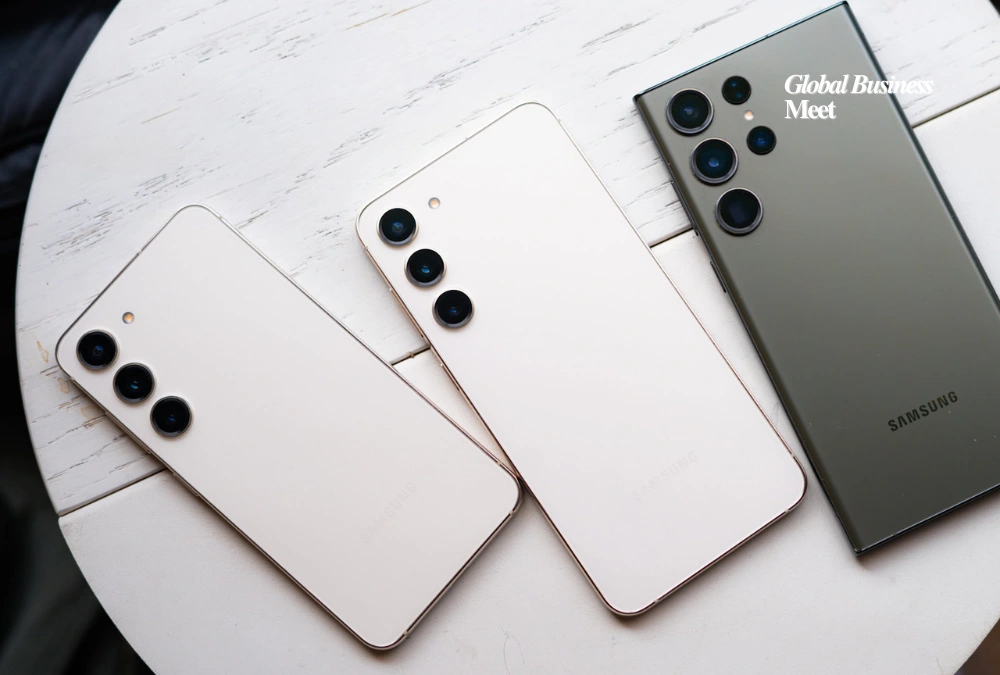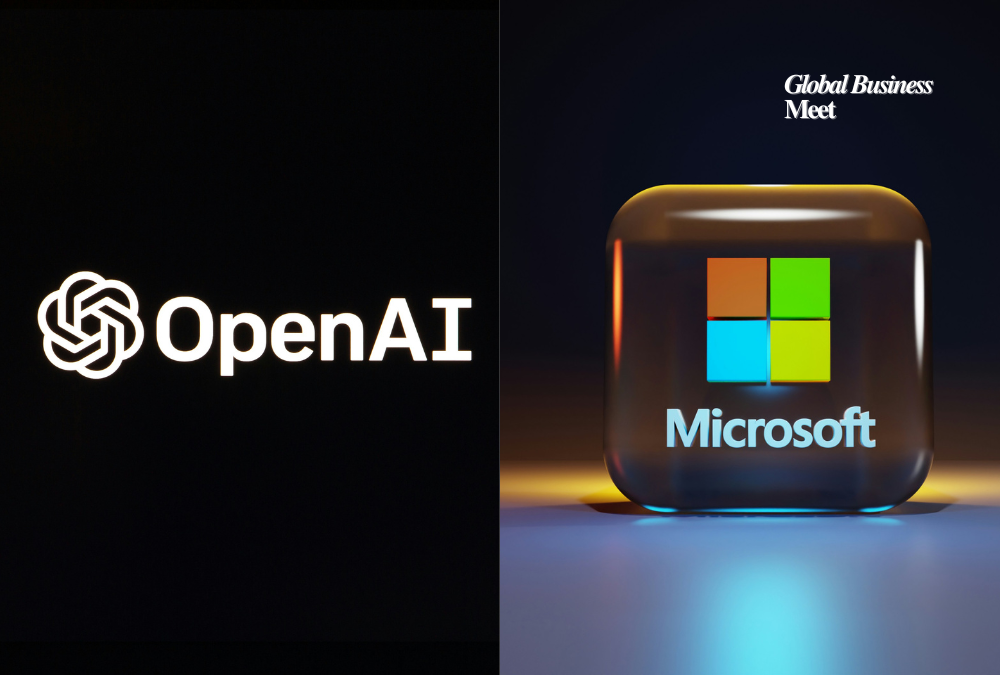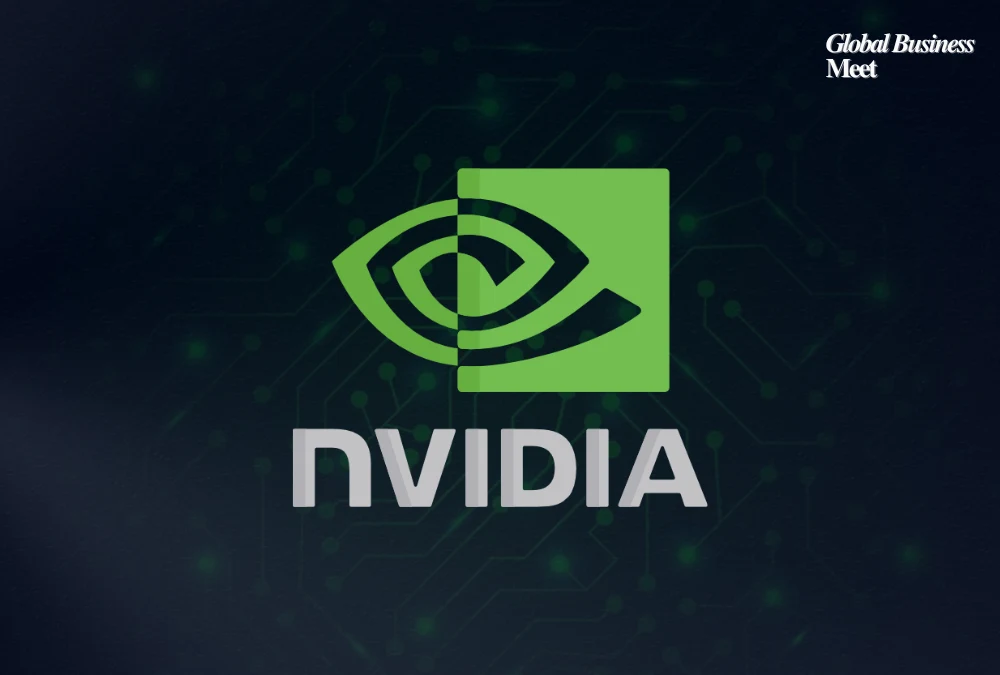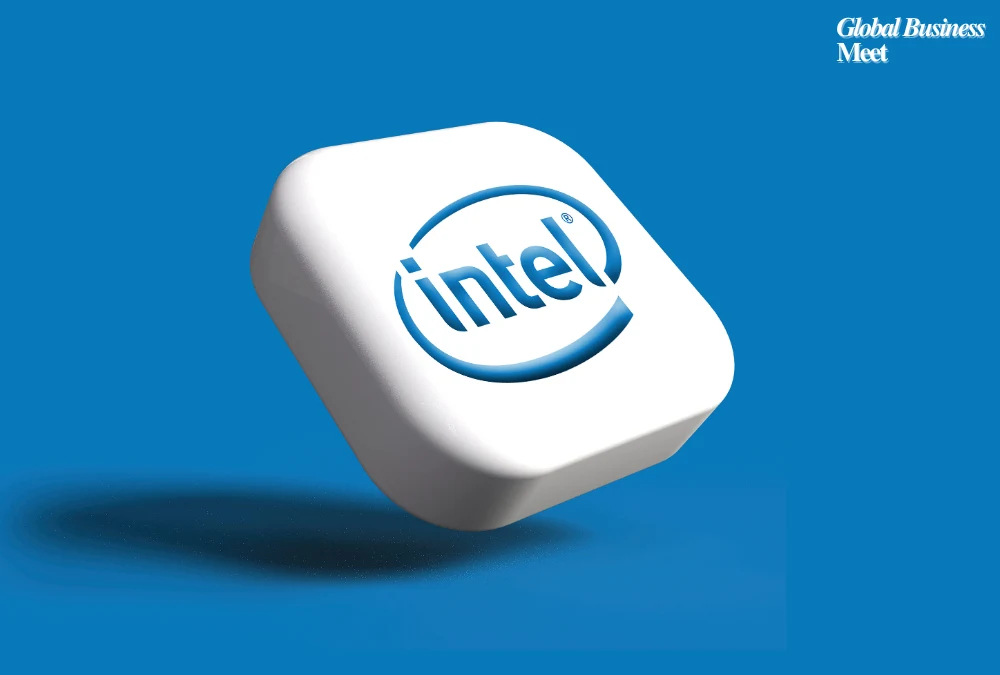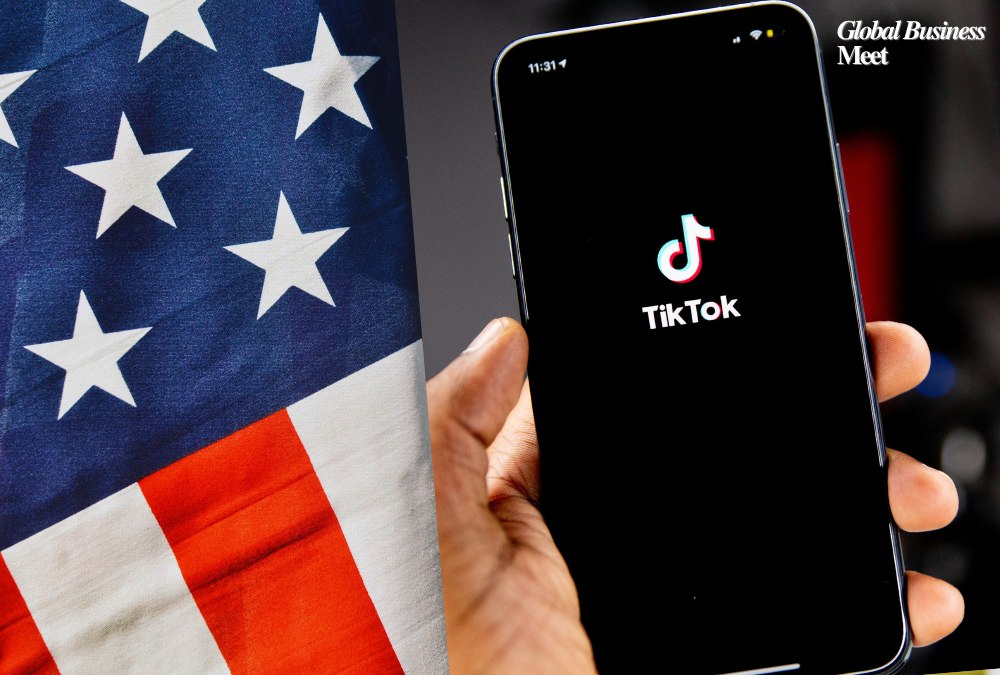
The world of VoIP is changing fast. Just last week, OpenPhone rebranded as Quo, signaling a fresh focus on smarter, user-friendly communication tools. But this is not an isolated move. Across the industry, VoIP providers are turning to artificial intelligence to make business communication more intelligent and efficient. In 2025, AI agents are becoming a key part of the shift, turning traditional phone systems into proactive, helpful platforms.
The Rebrand Effect: OpenPhone to Quo
OpenPhone’s change to Quo is more than a new name. It shows a strategic move toward AI-powered features that make calls and messaging smoother and smarter. Many providers are now using AI for call routing, customer insights, and other tasks that save time and reduce costs. Recent research suggests AI in communications could cut operational costs by up to 30 percent while improving efficiency.
So why now? Tools like Lindy AI’s “Gaia,” launched on October 2, 2025, make AI phone agents feel truly human by responding in under half a second. At GITEX GLOBAL 2025 in Dubai, Yeastar demonstrated real-time OpenAI integration for PBX systems, allowing instant sentiment analysis and automated responses. These developments, along with predictive call routing and voice biometrics, are setting a new standard for smarter communication.
How AI Agents Are Changing VoIP
AI agents do more than automate tasks. They act as virtual assistants that predict needs, read emotions, and connect with other business tools. Here are some key benefits:
- Fast Responses: With tools like Gaia, AI agents respond almost instantly, reducing hold times and customer frustration.
- Smart Integration: Yeastar’s OpenAI tools connect PBX systems with CRMs, routing calls based on customer history or predicting issues before they happen.
- Better Security and Personalization: AI can detect frustrated callers, escalate issues to humans when needed, and add security with voice biometrics.
For businesses using platforms like 8×8, Vonage, or Calilio, these features mean faster problem-solving and happier customers. AI agents can even handle inquiries in multiple languages, freeing human teams to focus on more complex tasks.
Here’s a quick look at some standout AI VoIP features:
| AI Feature | Benefit | Example Provider | Notes |
|---|---|---|---|
| Low-Latency Agents | Quick, human-like responses | Lindy Gaia | Sub-500ms response time |
| Real-Time PBX AI | Automatic call routing with sentiment analysis | Yeastar + OpenAI | Works with CRMs; shown at GITEX |
| Predictive CRM Routing | Personalized calls based on customer data | Vonage Contact Center | Cuts costs up to 30% |
These features are not futuristic. They are available now and can integrate easily with APIs, WebRTC, or IoT setups for modern offices.
Looking Ahead: Security, Growth, and 2030
With AI, security is more important than ever. VoIP phishing attacks rose 65 percent in 2025, so providers are adding strong encryption and AI threat detection to meet GDPR and HIPAA standards.
Looking forward, combining AI with 5G and cloud technology will make communication seamless across devices and locations. By 2030, VoIP is expected to be a $100 billion market, and early adopters of tools like Gaia or Yeastar will enjoy lower costs, better collaboration, and a competitive edge.
Get Started with AI in VoIP
VoIP is evolving fast. From rebrands like Quo to AI agents that make every call smarter, there is no better time to explore these tools. Platforms like Yeastar’s PBX or Vonage’s AI suite are great places to start.
What do you think about AI in VoIP? Have you tried agents like Gaia? Share your thoughts and experiences, we would love to hear how these tools are shaping your work.








